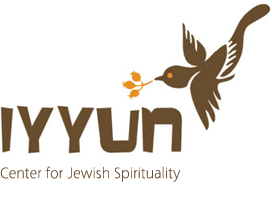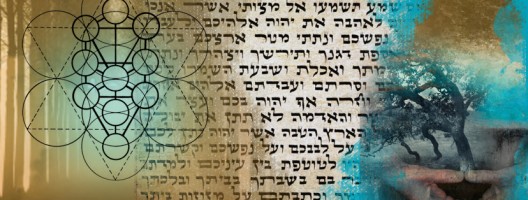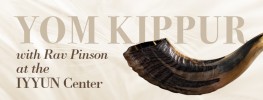Energy of the Week
Parshas Tetzavah:
Refining our Spiritual Wardrobe
Rav DovBer Pinson
Following the instruction to build the Sanctuary, Moshe/Moses is now told to instruct the Kohanim, the Priests, and his brother Aaron, the high priest who all served in the sanctuary, to properly attire themselves.
The Torah reading begins with the words “And you (Moshe) shall command the children of Israel… And bring near to yourself your brother Aaron, and his sons with him… You shall make holy garments for your brother Aaron, for honor and beauty.” (27:20-21. 28:1-2)
Garments, at their most basic, are a utilitarian object – covering nakedness, providing warmth and protecting oneself, internally protecting from shame, and externally, protecting from the elements.
Besides the utilitarian objective of garments, there are also other forms of garments.
There are higher garments that indicate position, such as a uniform, which reflect what a person does, and there are garments that we don on special occasions in times of celebration, such as a wedding gown, which reflects the importance of the occasion, or in times of great sadness, such as mourning.
At their highest state, garments can be an expression of one’s innermost self.
These are garments of “honor and beautyâ€, reflecting the truth of its wearer, and worn in self honor.
Such were the garments of the priests and the high priests of the temple.
There are also ‘garments’ that are not physical clothing, rather expressions of our inner self, such as thought, speech or deed.
While thought is still inner and not revealed, it is already an expression of self.
Speech is also still attached to the person, yet reaching outward to express the innermost self of the speaker.
And of course, the actions of a person serve as a physical expression or manifestation of themselves as well.
While garments, both material and as expressions of self, often serve as a form of concealment, when worn as a means of self expression, they can be truly revealing and offer a glimpse into a person’s innermost psyche.
A Hebrew word for garment is ‘Beged’, which can be read as ‘Bagad’ – treason or betrayal, and another term for clothing is ‘Levush’ - which can be reversed to spell ‘Shvil’ – a passageway.
Garments can serve to conceal or to reveal.
THE WEEK’S ENERGY
Refining our Spiritual Wardrobe
This week’s Torah reading imbues us with the energy of ‘honor and beauty’ garments.
We are given the ability to express ourselves through our dress, speech and mannerisms, in a way that is true to our inner self.
Garments are our interface with reality.
When our ‘garments’, our interface, reflect self-honor and express our inner beauty, then they are no longer ‘deceitful‘ garments, rather, they reveal what is occurring within us on a deeper level and allow us to connect to others on a more profound level as well.
This week we are given the energy to properly align our expressions with our truest self.
When we dress in a way that reflects our truth, and speak or behave in an aligned manner – we are able to express ourselves properly and form true and honest relationships. Revealing the truth of who we are and allowing it to shine.
Comments are closed.
Related Posts
Kriah: Revealing Torah
The reading of the Torah is called Kriat HaTorah, the word keriah meaning "to call out," as in one friend calling out to another. When we read the Torah, we call out to God and, thus, bring down the same energy that gives power to the verses we are reading.
Read more...







